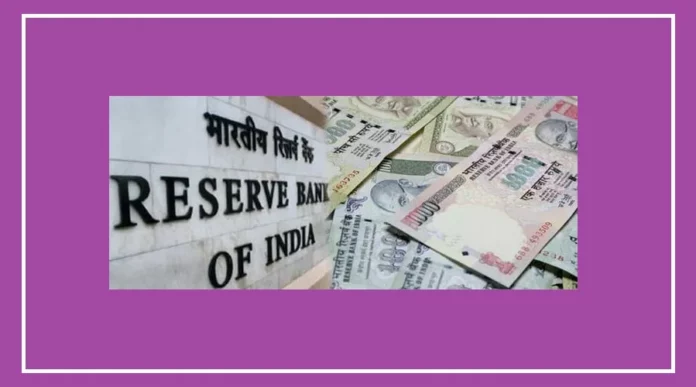The Supreme Court has rejected a 16-year-old ruling by the National Consumer Disputes Redressal Commission (NCDRC).
This means banks can now charge more than 30% interest on credit card dues. The NCDRC had previously ruled that charging high interest on credit card dues was unfair.
This decision followed appeals by major banks, including Citibank, American Express, HSBC, and Standard Chartered, against a 2008 order from NCDRC.
Court’s Ruling on Interest Rates and RBI’s Role
The NCDRC had said that interest rates of 36% to 49% per year on credit card dues were too high and unfairly exploited borrowers.
However, the Supreme Court disagreed with this and called it “illegal.” Justices Bela M Trivedi and Satish Chandra Sharma stated that the NCDRC had overstepped its authority
and interfered with the powers of the Reserve Bank of India (RBI). The court ruled that the NCDRC’s decision to limit interest rates to 30% was against the goals of the Banking Regulation Act, 1949.
The Supreme Court also emphasized that banks had not misled credit card holders. There was no evidence of “deceptive conduct” or unfair practices.
The court further explained that the NCDRC could not change the terms of the contracts between banks and their customers, as these terms were mutually agreed upon.
The bench also agreed with the RBI’s stance that there was no need for action against the banks in this case.
The court ruled that it was not the RBI’s responsibility to impose limits on credit card interest rates across all banks.
Lastly, the court confirmed that while the NCDRC could cancel unfair contracts, the interest rates charged by banks are determined by the RBI’s guidelines and financial decisions.
